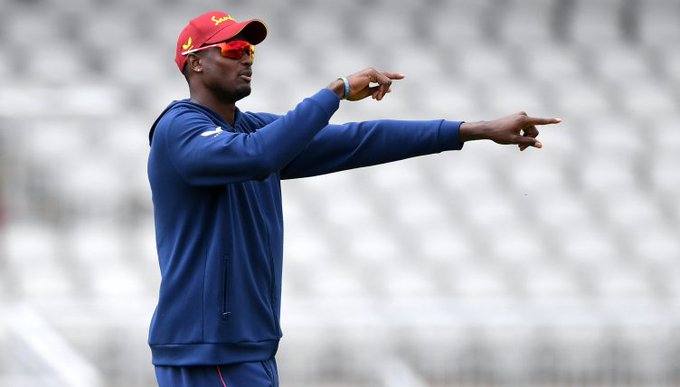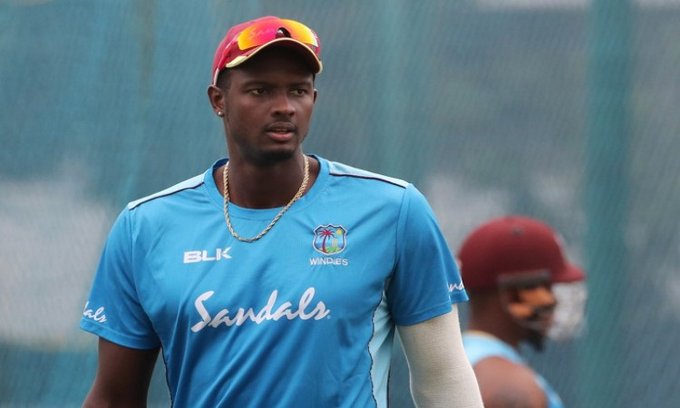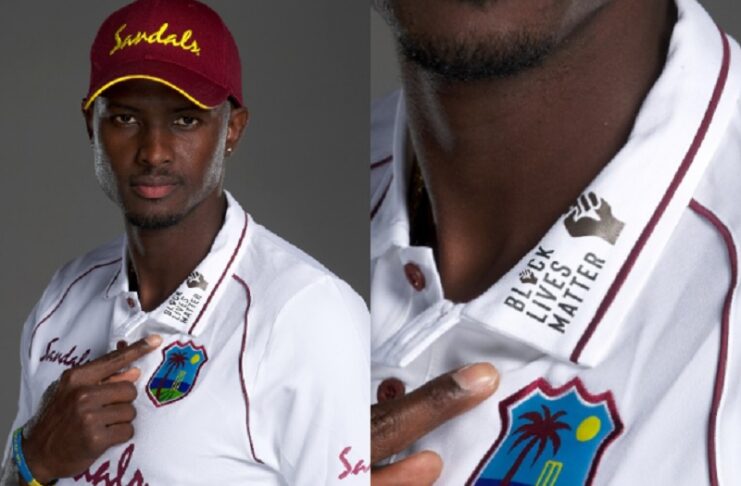In society, there is a general saying that politics should not be mixed with sport.
Try telling that in Olympic events, when international affairs and issues always mingle with the sport to create a defining statement.
In 1968 Mexico, the ‘Black Fist’ salute by Tommie Smith and John Carlos was the turning point in the American civil rights movement.
In majority of Olympic games, a political statement has been made that has highlighted the issues in the world, be it 1972 Munich, 1980 Moscow or 1984 Los Angeles.
Other sports have also made defining statements.
Colin Kaepernick’s kneeling during the American national anthem brought forth the problems faced by the black community in the USA.
During the killing of George Floyd, the Black Lives Matter issue has been lapped up by all sports from Football, F1, NBA. However, cricket has been remained insular to all this.
That has all changed. The West Indies cricket team led by Jason Holder, who are in England for a three-Test series which will begin on July 8, has decided to sport the Black Lives Matter emblem on their jersey.
The International Cricket Council (ICC) has also given permission to use the emblem.
The words of Holder has finally broken cricket’s insularity about broader issues.
“We are very conscious of happenings around the world and the fight for justice and equality.
“As a group of young men, we know of the rich and diverse history of West Indies cricket and we know we are guardians of the great game for the generation to come.
“We did not take our decision lightly. We know what it is for people to make judgments because of the colour of our skin, so we know what it feels like, this goes beyond the boundary.
“There must be equality and there must be unity. Until we get that as people, we cannot stop,” Holder said.
Making a statement
Holder’s statement takes you back to the days when Apartheid South Africa’s tours to England and Australia caused plenty of dissent.
South Africa’s policies towards the blacks in the late 60’s saw their cricketers getting isolated for 22 years.
The surge of dissent, be it in South Africa or in the world over, was enough to demonstrate that the soft power of sports played a small part in the downfall of Apartheid.

In recent times though, the world has seen plenty of polarization.
The ICC did not help themselves when they froze during the saga involving England cricketer Moeen Ali and his ‘Free Gaza’ wristbands.
Moeen had worn those wristbands during the third Test against India in Southampton in 2014 and the ICC banned him from wearing those bands.
Although the Black Lives Matter emblem potentially goes against the ICC equipment and clothing regulations which do not permit the display of messages that relate to political, religious or racial activities or causes during an international match, the George Floyd death is too big an issue for the ICC to become an Ostrich in the sand.
Strict Action Against Racism
Holder has also stressed that racism should be treated with harshly and that it should be on par with match-fixing and doping when it comes to the quantum of punishment.

“This is a pivotal moment in the history of sports, for the game of cricket and the West Indies Cricket team.
“We have come to England to retain the Wisden Trophy, but we are very conscious of happenings around the world and the fight for justice and equality.
“In addition to having anti-doping briefings and anti-corruption briefings, maybe we should have an anti-racism feature before we start a series.
My message is that more education needs to go around it,” Holder said.
Racism is a problem that has persisted for a very long time. This step by the West Indies has put the spotlight on eliminating any form of racism, casual or institutional.
July 8 will not just be historic for the fact that it will be the first series since the coronavirus outbreak. It will be the first time that modern cricket makes a statement against a long-standing evil.
Follow us on facebook for more sports news & updates

